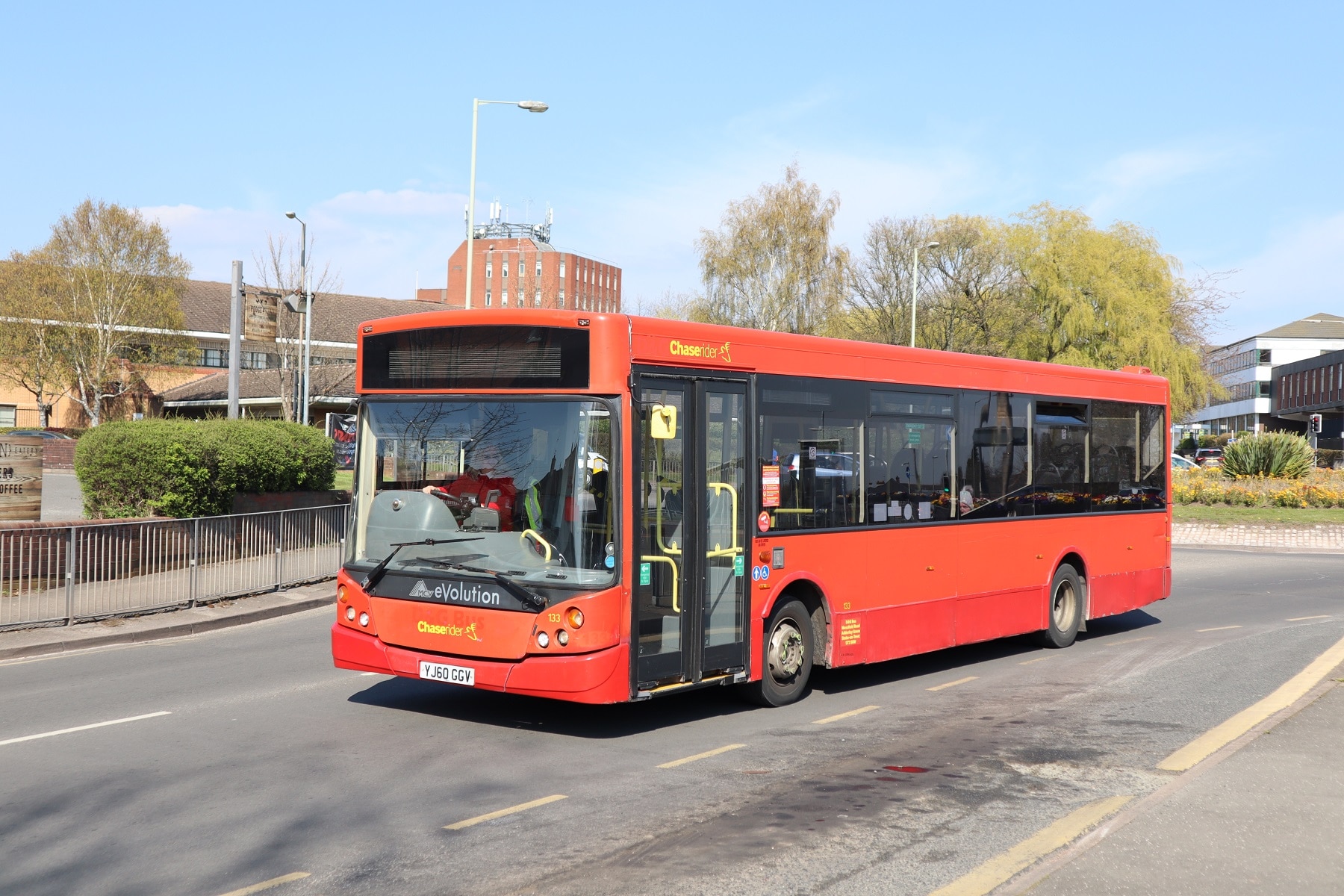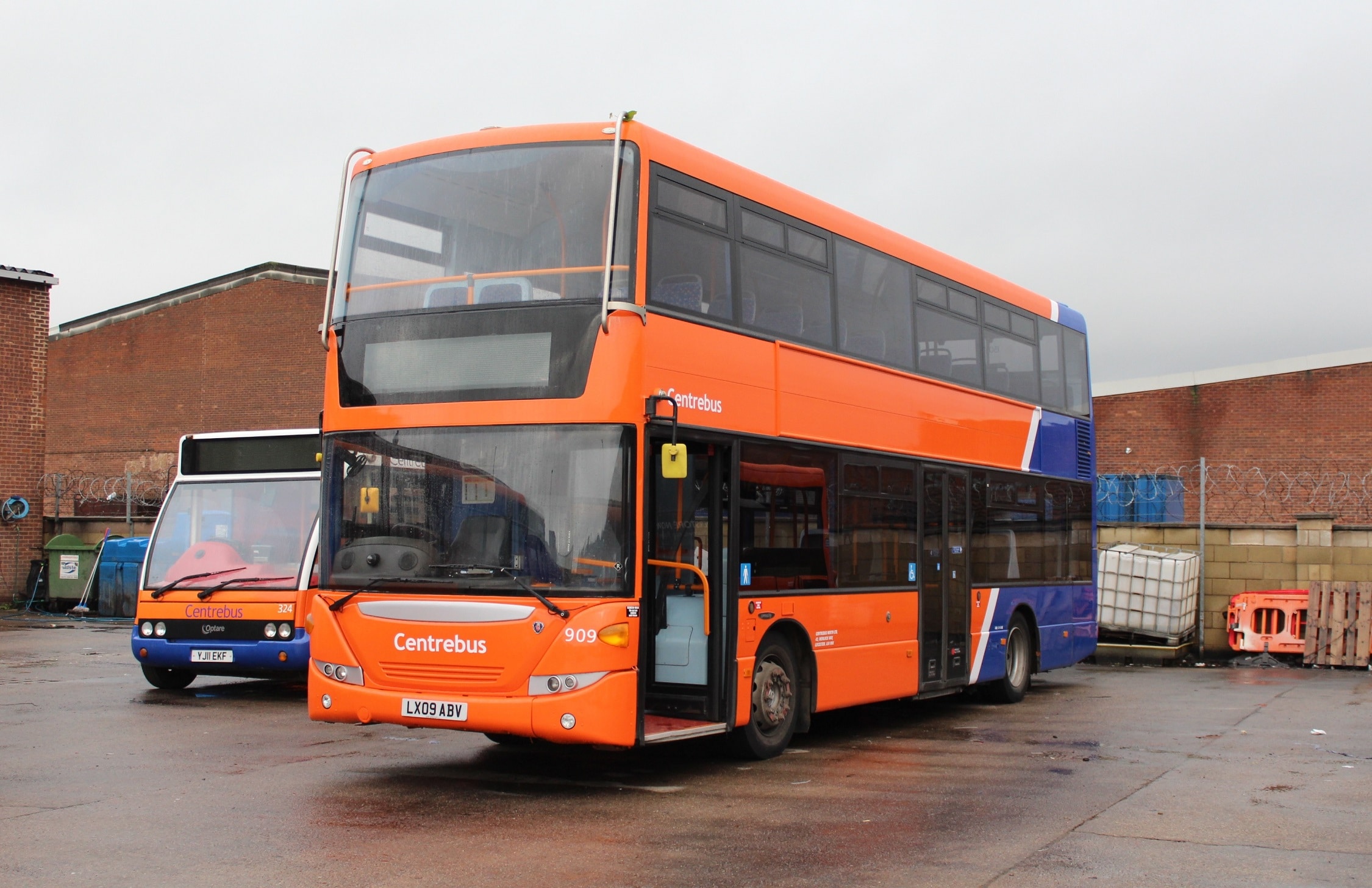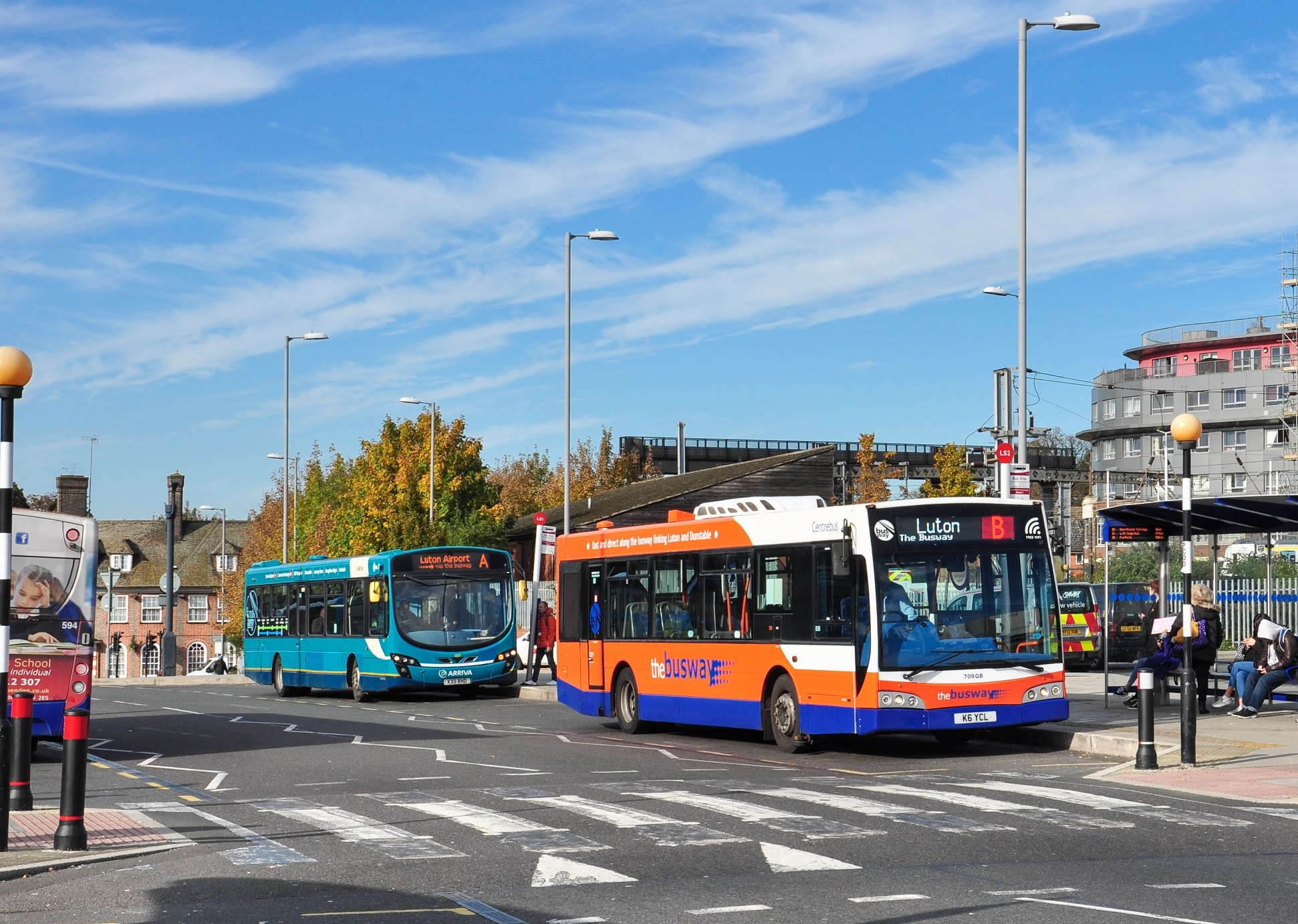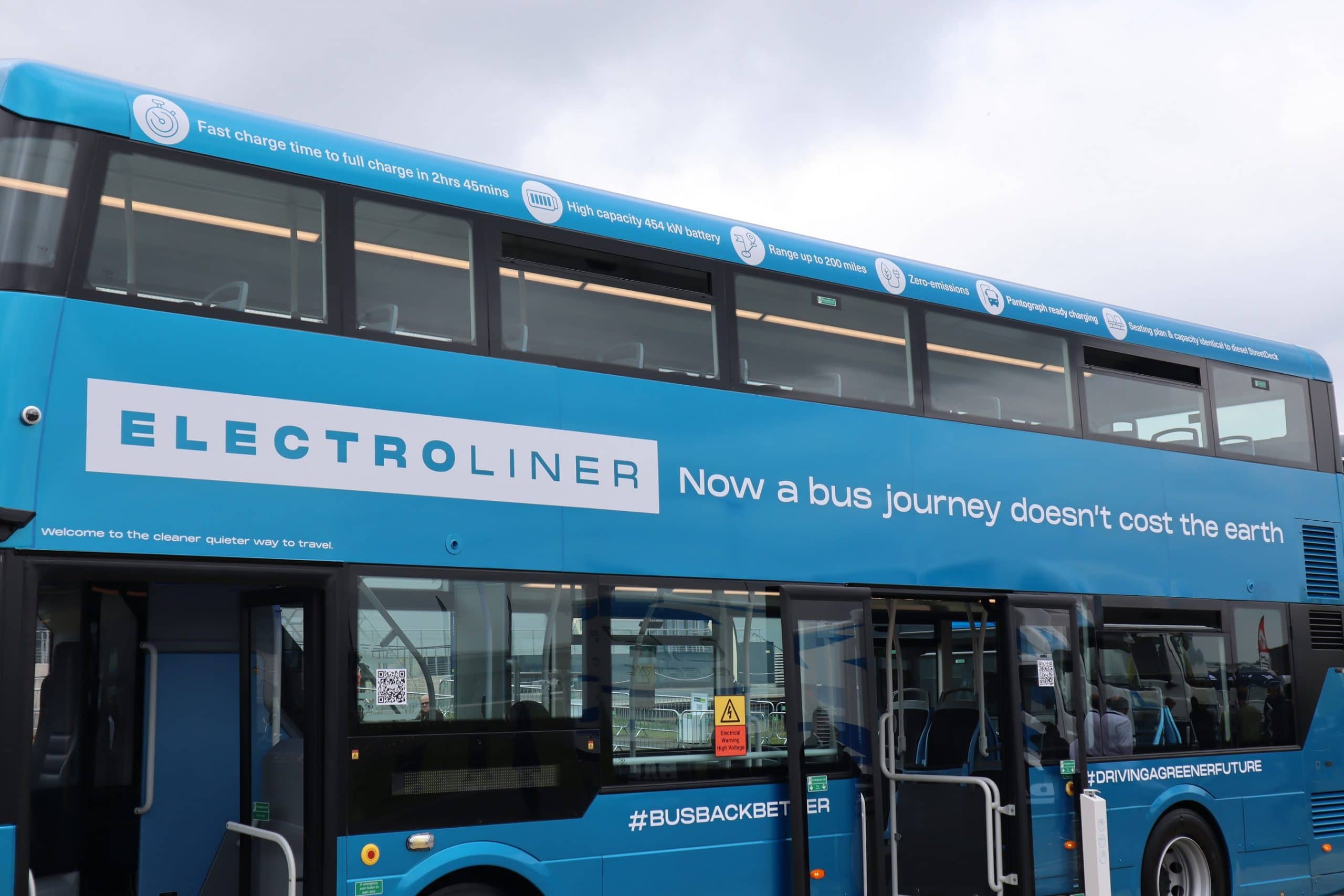Further doubt has been cast on the deliverability of policies contained within the National Bus Strategy (NBS) for England, this time by Julian Peddle. Julian, who has been in the industry since 1972 and has interests in independent operators including Centrebus, delivered his thoughts on Bus Back Better in the third of four Young Bus Managers Network webinars in June.
The series also included addresses from Under-Secretary of State for Transport Baroness Vere, Transport for West Midlands (TfWM) Director of Integrated Network Services Pete Bond and Go-Ahead Group CEO David Brown.
In a remarkable and sometimes controversial verdict, Julian questioned the political motivation behind the strategy; the lack of funding certainty both before the NBS starts to deliver and beyond it into the next Parliament; and the pressures on, and abilities of, local authorities (LAs) in England to toe the line that the government has thrown at them.
In summary, Julian views the NBS as “a way to control the industry without paying for it.” He fears that if its policies are not delivered, operators and LAs will be blamed for a lack of vision and that the industry’s funding will be cut further. But the overarching problem is that represents a short-term approach.
“I would love to be more positive about Bus Back Better, but there are so many flaws in it that I fear it will lead to a number of disjointed initiatives that achieve little. I am afraid it will all end in tears.”
Julian Peddle: Three-year approach ‘is not a strategy’
The NBS delivery landscape is spread over three years. Such a period in transport is “very short term,” Julian notes. Moreover, he adds that the funding landscape beyond COVID-19 Bus Services Support Grant Restart remains unclear. That creates uncertainty in the immediate future and leaves the industry in limbo.

He draws a parallel with the rail sector. Ordinarily, it has long-term visibility of its funding envelope.
That enables planning to be done on the same basis. Short-termism, he adds, is the worst scenario of all; if the bus industry has a long-term view to build on – even one that does not contain the goodies of the NBS – it can plan accordingly. “Transport funding needs to be 10 years plus,” he says.
A long-term approach is also key to the NBS’s central plank of building patronage. That can be done, but much more time than that provided by Bus Back Better is required for meaningful increases, Julian adds.
He uses a venture into Milton Keynes between 1997 and 2006 as an example. “When I bought the business, I could confidently say that it was one of the worst bus companies in the country. But with a partnership between ourselves and the LA, we doubled patronage over those nine years.”
That is an impressive result by any standard. But the timeframe of how growth was delivered is of relevance. 20% came in the first four years, with the remaining 80% beyond that. “It takes a long time for people to believe that you are going to improve buses. You need to get political buy-in, because if you do not, it is a waste of time.”
Variation of approach among LAs is a major challenge
An area that has strong political engagement with buses is the West Midlands. A strong partnership has already delivered many results for passengers. Mayor Andy Street has demonstrated his commitment to buses, and TfWM has the capability and resource to leverage NBS policies. But the same is not true everywhere.
Julian’s businesses deal with 18 LAs. While at the time of the webinar it was “far too early” to predict what each of them would do about preparing Bus Service Improvement Plans (BSIPs), “half have not even contacted us.”
The difficulties faced by LAs where cross-border journeys play a prominent part in travel patterns is clear, although he adds that Staffordshire County Council and Stoke-on-Trent City Council have already agreed to prepare a joint BSIP. That is “good news” for Centrebus subsidiary D&G Bus.
Less obvious is what will happen elsewhere. But any expectation that Enhanced Partnerships are guaranteed to deliver quickly is misguided, he claims. It is also vital that political viewpoints are in line with the aims of the NBS.
Julian believes achieving that in some areas will be difficult, although he adds that he “does not have a problem” with politicians that have little interest in bus services, because at least then there is planning certainty.

The most difficult LAs to deal with, he says, are those that claim they are interested in developing bus services, but then do not deliver on those promises.
Furthermore, buses in some areas “are not popular” with the electorate.
There also exists a concern that the NBS is not aligned with other complementary initiatives such as congestion charging or a workplace parking levy. If it was, such mechanisms could contribute to long-term funding streams.
‘I am still pretty optimistic about the bus industry’
Despite Julian’s scepticism of the NBS, he does see some reason for optimism and positivity around the future of the industry. Some of his views were challenged by attendees of the webinar. One encouraged operators to take a highly proactive approach to helping LAs to develop BSIPs, rather than waiting to be contacted.
“There will still be buses,” he says. “Someone has got to run them, and it is an interesting industry that I have always enjoyed. It may not sound like it, but I am pretty optimistic about the future, because I am always optimistic about the bus industry.”



























